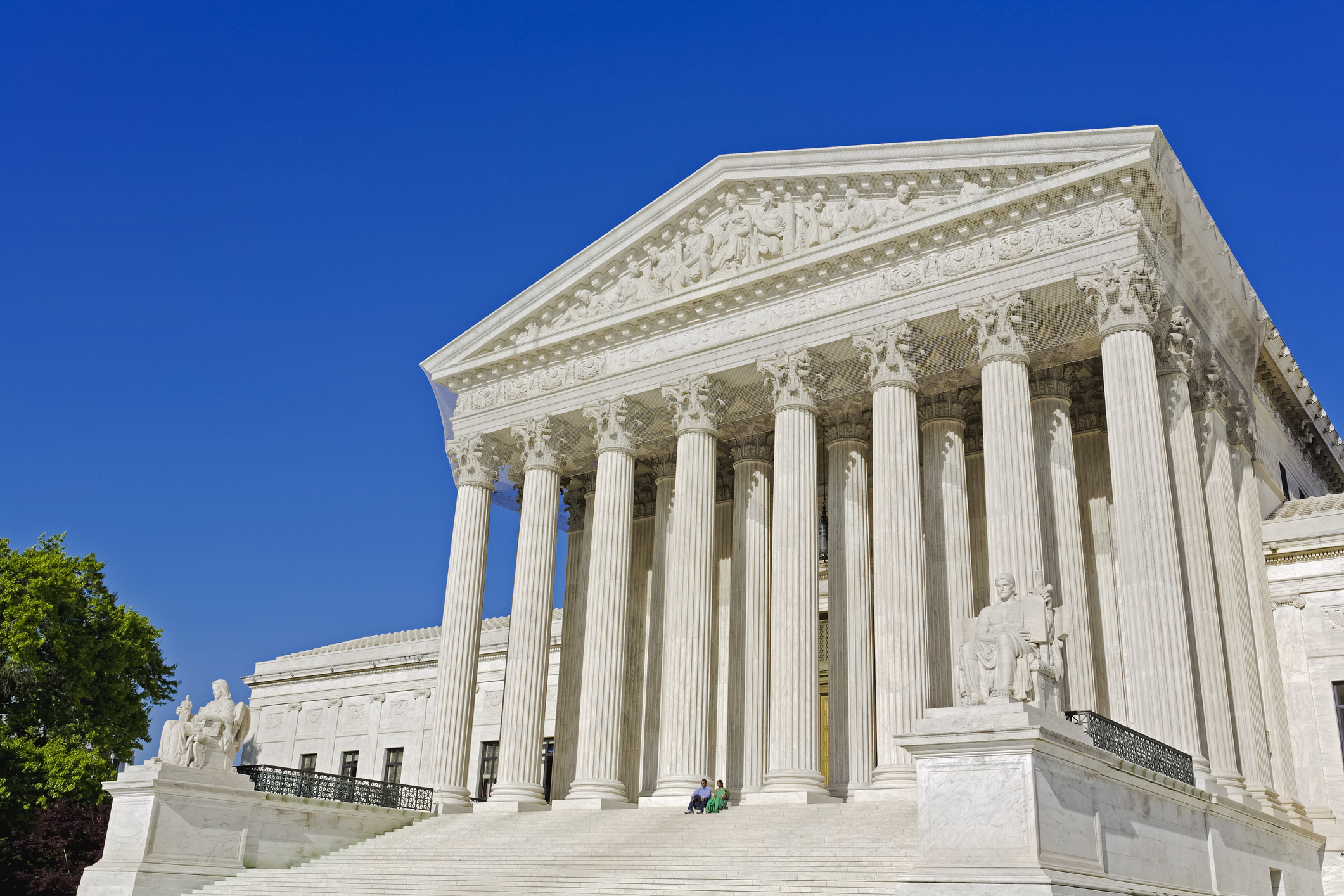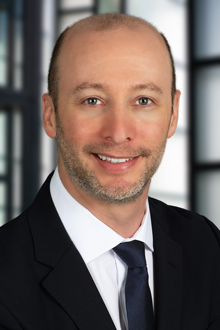9 out of 9 Supreme Court Justices Agree: Silence, Without More, Does Not Equal Fraud in SEC Reporting

In MACQUARIE INFRASTRUCTURE CORP. v. MOAB PARTNERS, L.P. the U.S. Supreme Court held that pure omissions are not actionable under Rule 10b–5(b).
Washington, D.C. (April 17, 2024) - The U.S. Supreme Court on April 12 provided important guidance on a recurring question in securities litigation, ruling 9-0 that an issuer’s failure to make a disclosure required under Item 303 of SEC Regulation S-K cannot, in and of itself, support a private fraud claim without otherwise materially false or misleading affirmative misstatements.
In the case, a class of investors, led by hedge fund Moab Partners, L.P., sued Macquarie Infrastructure Corp. (MIC) under Section 10(b) of the Securities Exchange Act alleging that MIC defrauded investors by failing to predict and disclose in its public filings that a regulation issued by the United Nations' International Maritime Organization (the “UN Regulation”) that capped the sulfur content of fuel oil would have a material negative impact on the company's bottom line. MIC operates terminals that store bulk liquid commodities including the impacted fuel oil. After MIC announced a drop in the amount of storage contracted for use in its terminals due in part to the decline of the market for the impacted fuel oil, MICs stock price fell by 41%.
Moab sued MIC under SEC Rule 10b-5(b), which in connection with the purchase or sale of securities makes it makes it unlawful to:
- make any untrue statement of a material fact; or
- to omit to state a material fact necessary in order to make the statements made, in the light of the circumstances under which they were made, not misleading.
See 17 CFR §240.10b–5(b).
Moab alleged that MIC had a duty to disclose information related to the UN regulations in its public filings under Item 303 of SEC Regulations S-K. Item 303 requires companies to disclose “known trends or uncertainties that have had or that are reasonably likely to have a material favorable or unfavorable impact on net sales or revenues or income from continuing operations” in their periodic filings with the SEC. See 17 CFR §229.303(b)(2)(ii).
The District Court dismissed Moab’s complaint. The Second Circuit reversed, concluding in part that Moab’s allegations concerning the likely material effect of the UN Regulations gave rise to a duty to disclose under Item 303, and MIC’s Item 303 violation alone could sustain Moab’s Section 10(b) and Rule 10b–5 claim. MIC appealed to the U.S. Supreme Court.
As described above, Rule 10(b)-5 has two prongs. First it prohibits a company from making “any untrue statement of a material fact” — i.e., false statements or lies. Second, Rule 10(b)-5 also prohibits omitting a material fact necessary “to make the statements made . . . not misleading.” At issue for the court was whether this second prong of Rule 10(b)-5 bars only “half-truths” or instead extends to “pure omissions”.
As described in the Supreme Court’s April 12 opinion, a “pure omission” occurs when a speaker says nothing, in circumstances that do not give any special significance to that silence. “Half-truths” are representations that state the truth only so far as it goes, while omitting critical qualifying information.
In its opinion, the Supreme Court unanimously held that there is no private right of action under Rule 10b-5 for a company’s “pure omission” of facts from its public filings.
The Court reiterated that silence absent a duty to disclose is not misleading under Rule 10b-5. See Basic Inc. v. Levinson, 485 U. S. 224, 239, n. 17 (1988). The Court went further by saying that even a duty to disclose does not automatically render silence misleading under Rule 10b-5(b). The failure to disclose information required by Item 303 can support a Rule 10b-5(b) claim only if the omission renders affirmative statements made by the company misleading.
Here the Court held that, if MIC’s omission regarding the UN Regulations was a pure omission that did not render any affirmative statements by the company misleading, it is not actionable under 10b-5. Accordingly, the Court vacated the Second Circuit’s judgment and remanded the case for further proceedings.
The Court reiterated that private plaintiffs like Moab can continue to bring claims based on Item 303 violations if they involve misleading half-truths. Additionally, the SEC retains the ability to investigate and pursue all violations under any provision of the Exchange Act including Item 303.
This case will have important implications for the defense bar in future 10b-5 claims. Private plaintiffs bringing 10b-5 claims must be able to show that a company’s statements or omissions render other affirmative statements by the company misleading in order to prevail, rather than argue that virtually unlimited potential events and occurrences facing a company must be proactively reported.
For more information, contact the author or editor of this alert. Visit our SEC Enforcement & Litigation and Securities Class Action Defense practice pages to learn more about our capabilities in this area.
Author:
Andrew Zuckerman, Associate
Editor:
Paul Kisslinger, Partner and Chair of SEC Enforcement & Litigation Practice

